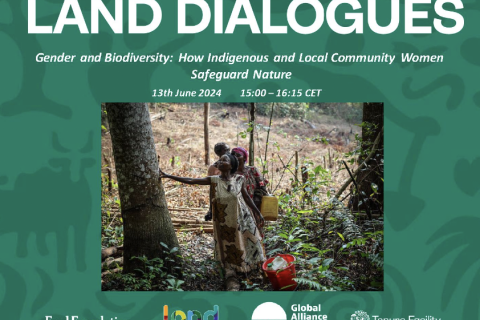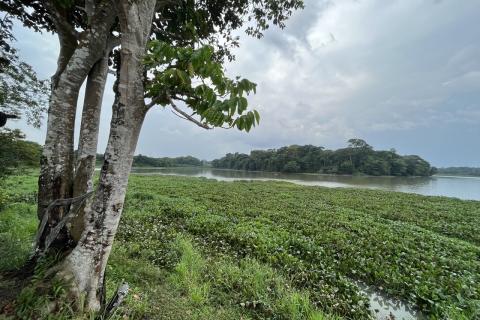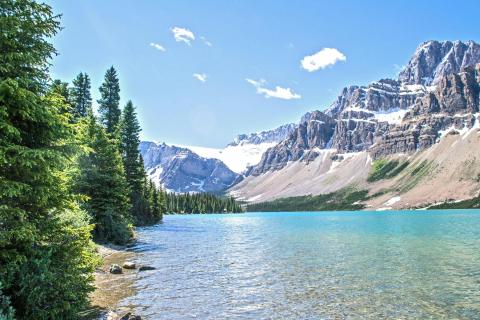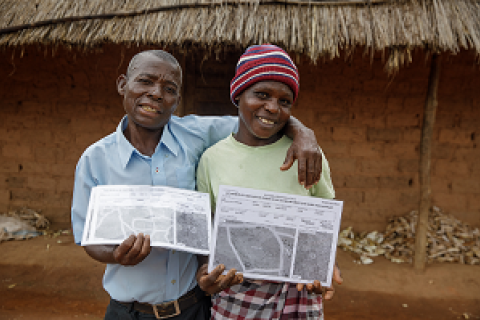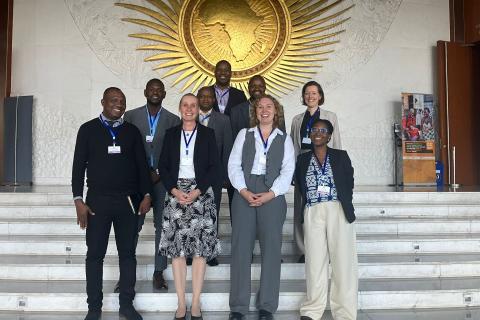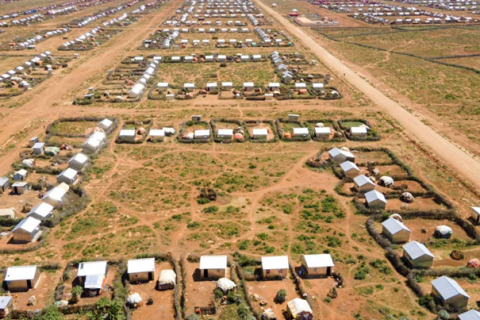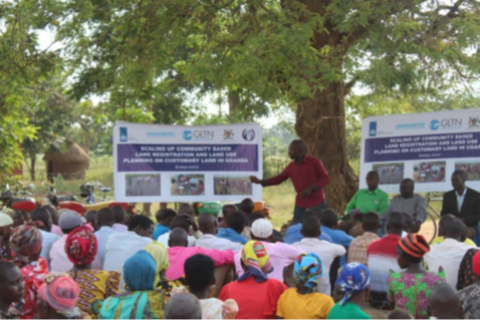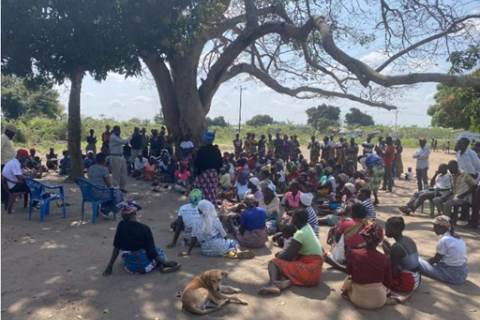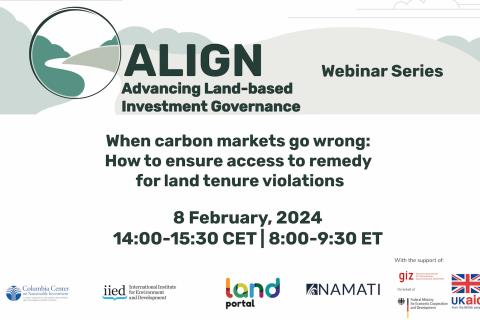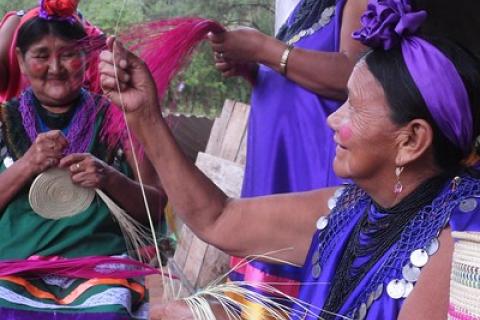Récapitulatif du webinaire : Genre, biodiversité et comment les femmes autochtones et des communautés locales protègent la nature
Sous la houlette de la série Dialogues sur le foncier, le premier webinaire de la série de cette année "Genre et biodiversité : comment les femmes autochtones et des communautés locales sauvegardent la nature" s'est déroulé le 13 juin 2024. Le webinaire a attiré un peu plus de 300 participants et a mis en vedette des leaders autochtones et des communautés locales du monde entier. La série est organisée par un consortium d'organisations, dont la Fondation Land Portal, la Fondation Ford et la Tenure Facility, et ce webinaire particulier a été organisé en collaboration avec le GATC.

